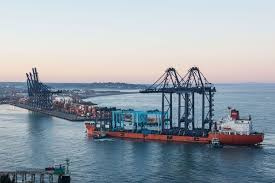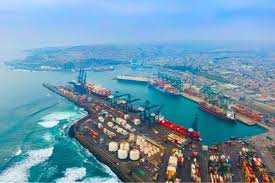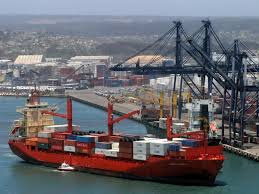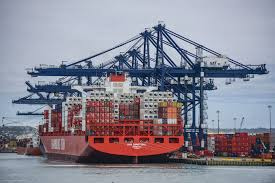What regulations govern operations at the Port of San Antonio?

What regulations govern operations at the Port of San Antonio?
What regulations govern operations at the Port of San Antonio? The Port of San Antonio operates under a comprehensive framework of regulations designed to ensure safety, security, and efficiency.
These regulations encompass various aspects of port operations, from environmental protection to cargo handling.
Here’s an overview of the key regulations governing operations at the Port of San Antonio.
International Maritime Regulations
The Port of San Antonio adheres to international maritime regulations established by organizations such as the International Maritime Organization (IMO).
These regulations govern shipping safety, environmental protection, and the prevention of maritime pollution.
Compliance with international standards ensures that the port operates within globally recognized frameworks.
This commitment enhances the port’s reputation as a responsible player in international trade.

National and Local Laws
In addition to international regulations, the port must comply with national and local laws specific to Chile.
This includes regulations related to customs, trade, and transportation.
Local laws often focus on community safety, environmental impact, and infrastructure maintenance.
Adhering to these regulations is crucial for maintaining operational licenses and community trust.
Environmental Regulations
Environmental protection is a significant focus for the Port of San Antonio.
Regulations mandate the implementation of measures to minimize environmental impact from port activities.
This includes waste management protocols, emissions controls, and habitat protection measures.
Compliance with environmental regulations is essential for sustainable port operations.
Health and Safety Regulations
Health and safety regulations govern working conditions and practices within the port.
These regulations are designed to protect employees, contractors, and visitors from workplace hazards.
The port conducts regular safety audits and training programs to ensure compliance.
Maintaining a safe working environment is a top priority for all port operations.
Customs and Trade Regulations
Customs regulations play a vital role in governing the movement of goods through the port.
These regulations dictate procedures for import and export documentation, inspections, and tariffs.
Ensuring compliance with customs regulations helps streamline trade processes and prevents delays.
Efficient customs operations are crucial for maintaining the port’s competitiveness.
Security Regulations
Port security regulations are critical for safeguarding facilities, personnel, and cargo.
The port implements measures in compliance with the International Ship and Port Facility Security (ISPS) Code.
These measures include access control, surveillance, and emergency response protocols.
Robust security practices help mitigate risks and ensure the safety of port operations.
Labor Regulations
Labor regulations govern the rights and responsibilities of employees and employers within the port.
These regulations cover areas such as working hours, wages, and occupational health.
Compliance with labor laws is essential for maintaining a fair and equitable workplace.
Adhering to these regulations fosters a positive labor environment and community relations.
Port Authority Regulations
The Port Authority of San Antonio establishes its own set of regulations governing port operations.
These regulations outline operational guidelines, licensing requirements, and fee structures.
Adherence to Port Authority regulations ensures smooth coordination among various stakeholders.
These regulations play a key role in maintaining order and efficiency within the port.
The Port of San Antonio
The Port of San Antonio operates under a robust framework of regulations that govern its diverse activities.
From international maritime laws and environmental protections to health and safety guidelines, compliance is essential.
These regulations ensure that the port maintains safe, efficient, and sustainable operations.
As the port continues to evolve, adherence to these regulations will remain a cornerstone of its success in the maritime industry!





Leave a Reply